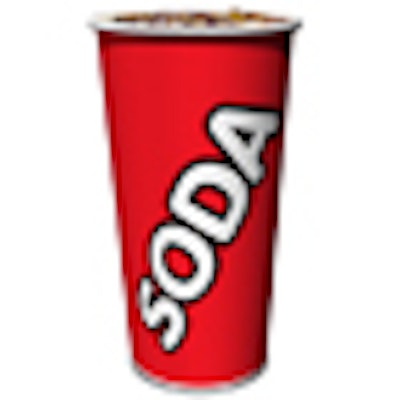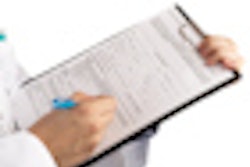
NEW YORK (Reuters) - New York Mayor Michael Bloomberg's proposed ban on large sodas is expected to pass in September, but that didn't deter hundreds who showed up on Tuesday either to praise the measure as a way to battle obesity or oppose it as pointless and unfair.
The proposal before the city Board of Health, the first of its kind in the nation, would limit servings of sugary drinks to 16 ounces (473 mL) at most restaurants, theaters, delis, vending carts, and stadium concessions.
With the Board of Health filled with Bloomberg appointees, the proposal is expected to pass when it is put to a vote on September 13.
Many opponents view the measure as unwelcome government intervention -- a further incursion of Bloomberg's "nanny state" -- while supporters call it crucial to fighting obesity.
Tuesday's hearing drew hundreds of participants, from public health officials to local politicians and a dentist who reminded the audience that sugary drinks cause cavities.
Opponents such as Melissa Mark-Viverito, a City Council member who represents low-income neighborhoods in East Harlem and the Bronx, said the proposal would unfairly harm small and mid-sized restaurants that sell drinks in large containers.
Critics also say the law would punish lower-income people who rely on the cheaper fare of fast-food restaurants.
"After speaking face to face with restaurant owners, I'm convinced that this ban will have an adverse economic impact on our community's small businesses and could result in job losses," Mark-Viverito said.
"We need to get to the root of the problem, which goes much deeper than the size of a cup of soda," she said, calling upon the city to expand and renovate parks and playgrounds to give residents more opportunities to exercise.
The ban would not apply to convenience, grocery or drug stores, which mostly sell beverages in bottles and cans, and it would exclude diet and dairy-based coffee drinks.
'Insult,' Coke says
Coca-Cola Co has called the Bloomberg proposal an insult to New Yorkers, and the American Beverage Association, which represents that company as well as PepsiCo Inc. and other soda makers, is fighting the measure.
"We believe it is misguided, unscientific, arbitrary and, if adopted, unlawful," said Jim McGreevy of the American Beverage Association at the hearing.
He said Americans are drinking less full-calorie sweetened drinks, yet obesity continues to rise.
Speaking in favor was Kelly Brownell, director of the Rudd Center for Food Policy and Obesity at Yale University, who said sodas are the greatest source of added sugar in typical American diets and have no nutritional value.
"If people are served larger portions, they generally consume more," he said. "This to me is a bold and constructive policy completely supported by scientific evidence."
City officials cite statistics showing 58% of New York City adults and nearly 40% of public school students are obese or overweight.
During Bloomberg's three terms in office, the city has banned smoking in bars, restaurants and public places, banned artificial trans fats in restaurant food, and required calorie counts to be posted at fast-food outlets. Bloomberg also has led a campaign to cut salt in restaurant meals and packaged food.
Opponents accuse the mayor of trying to run a "nanny state." An advocacy group backed by the food and restaurant industries took out a full-page ad recently in the New York Times, depicting Bloomberg as a nanny in a purple dress.
If the measure is approved, the regulations would take effect in March.
By Jonathan Allen
(Editing by Ellen Wulfhorst and Cynthia Osterman)
Last Updated: 2012-07-24 18:20 p.m. EDT
Copyright © 2012 Reuters Limited. All rights reserved. Republication or redistribution of Reuters content, including by framing or similar means, is expressly prohibited without the prior written consent of Reuters. Reuters shall not be liable for any errors or delays in the content, or for any actions taken in reliance thereon. Reuters and the Reuters sphere logo are registered trademarks and trademarks of the Reuters group of companies around the world.



















